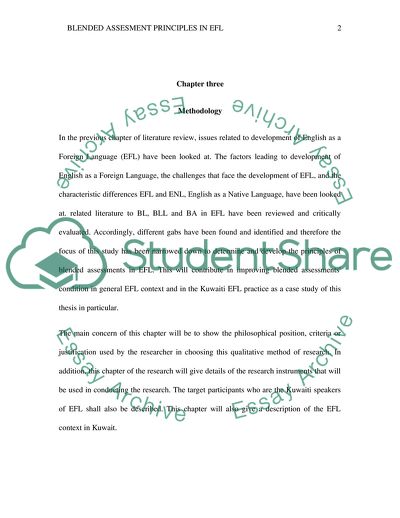Cite this document
(The Development of Blended Assessment Principles in English as a Research Proposal, n.d.)
The Development of Blended Assessment Principles in English as a Research Proposal. https://studentshare.org/education/1770089-the-development-of-blended-assessment-principles-in-english-as-a-foreign-language
The Development of Blended Assessment Principles in English as a Research Proposal. https://studentshare.org/education/1770089-the-development-of-blended-assessment-principles-in-english-as-a-foreign-language
(The Development of Blended Assessment Principles in English As a Research Proposal)
The Development of Blended Assessment Principles in English As a Research Proposal. https://studentshare.org/education/1770089-the-development-of-blended-assessment-principles-in-english-as-a-foreign-language.
The Development of Blended Assessment Principles in English As a Research Proposal. https://studentshare.org/education/1770089-the-development-of-blended-assessment-principles-in-english-as-a-foreign-language.
“The Development of Blended Assessment Principles in English As a Research Proposal”. https://studentshare.org/education/1770089-the-development-of-blended-assessment-principles-in-english-as-a-foreign-language.


